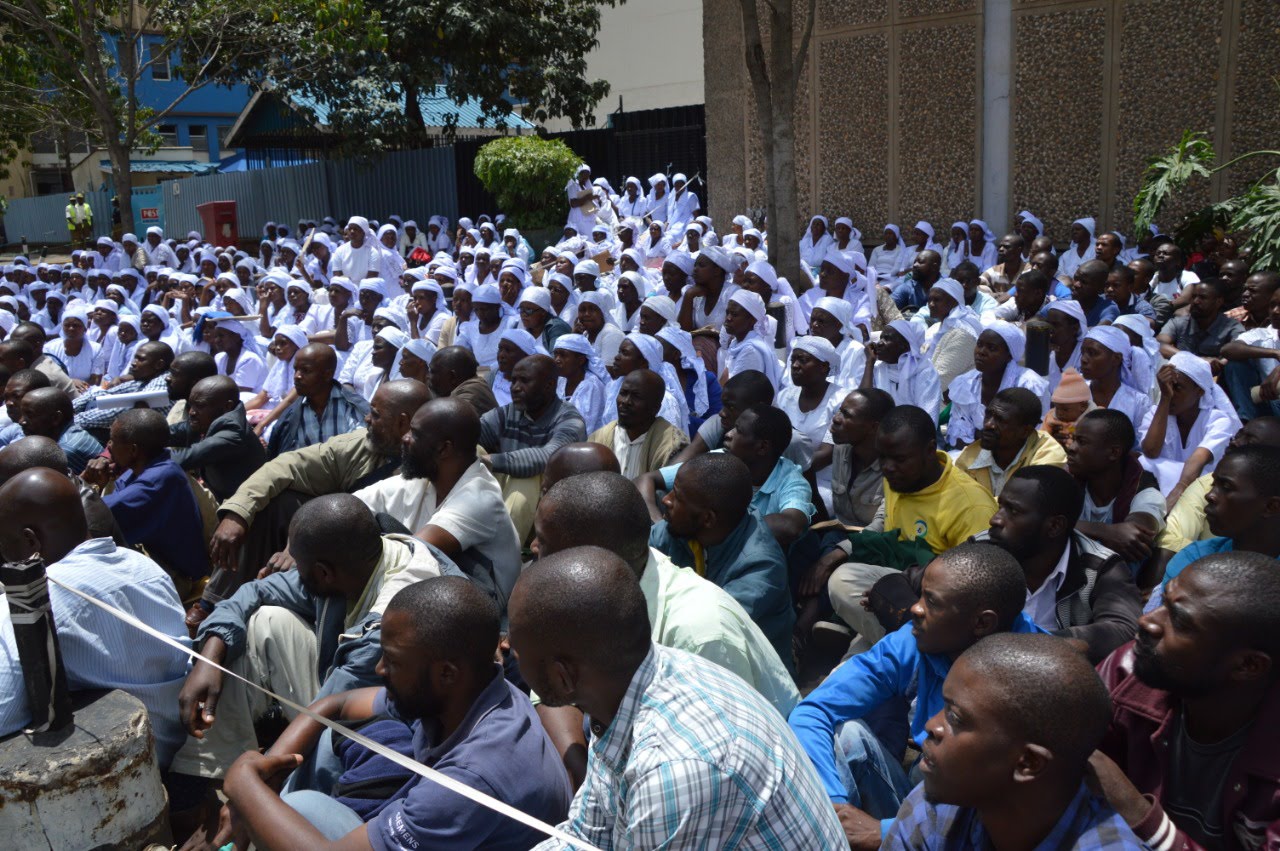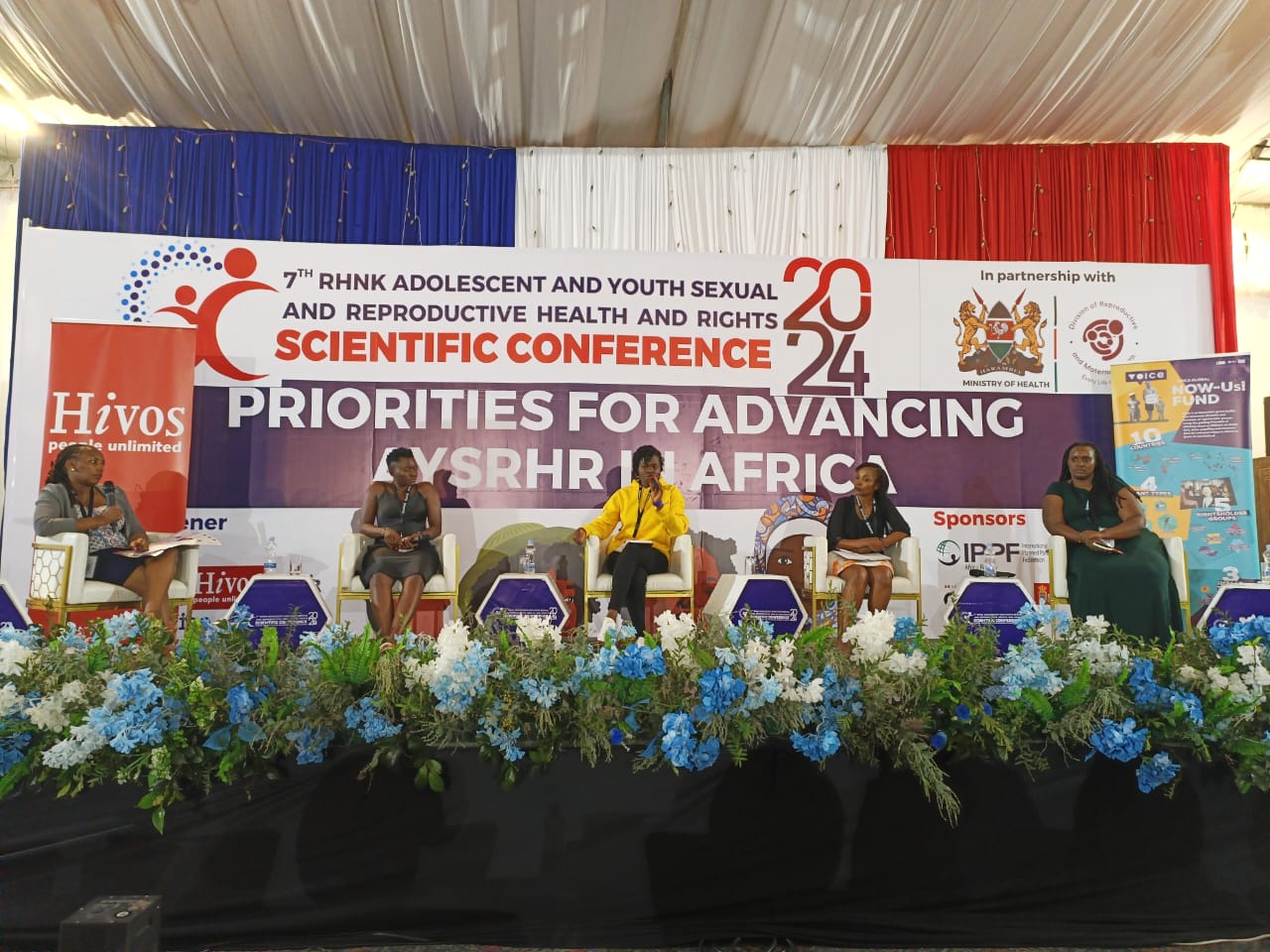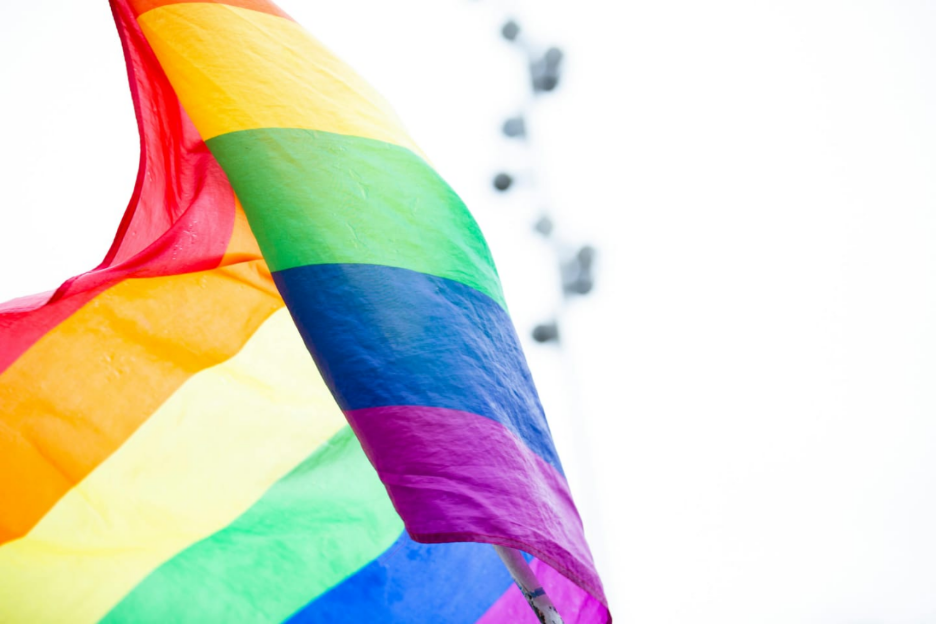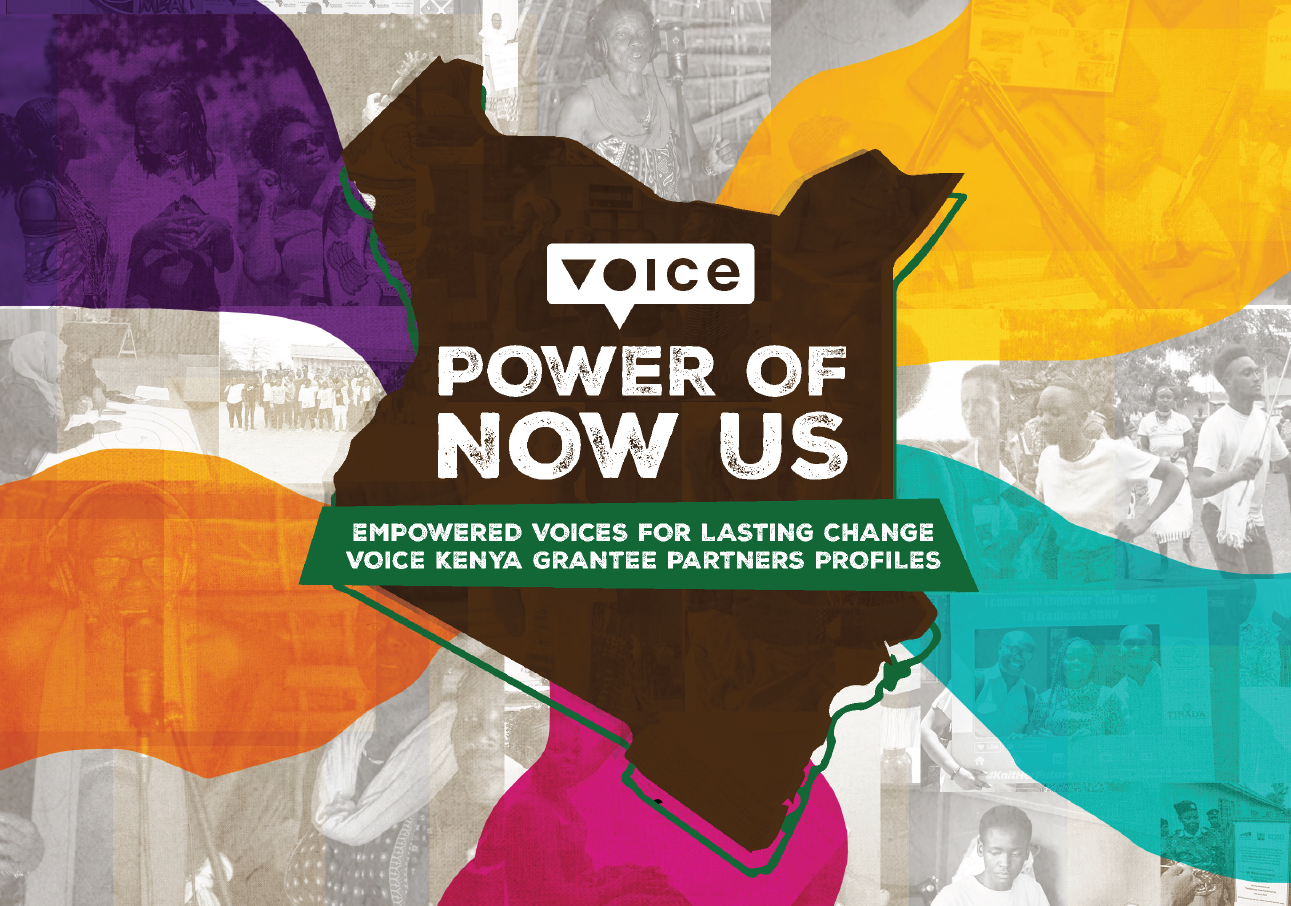A Quest for Citizenship- The Maragoli in Uganda
A Quest for Citizenship- The Maragoli
With support from Voice, an alliance of civil society organisations formed by of International Refugee Rights Initiative (IRRI), Dignity Kwanza Tanzania, and the Kenya Human Rights Commission, are currently implementing a project called “Empowering Stateless Communities in East Africa – (ESC-EA)”.
This initiative seeks to bring visibility to the mounting challenges that people living in a (or at risk of) state of statelessness are facing in 3 countries in East Africa (Kenya, Uganda and Tanzania). According to UNHCR, statelessness occurs when a person is not considered as a citizen by any State. Or in other words: a stateless person does not have a nationality of any country, and are not given any basic rights by any government. This puts these people under conditions of extreme marginalisation and exclusion.
IRRI and partners -along with representatives of communities of stateless people in the 3 countries- are working to influence policy-makers at the national and regional levels to listen to the voices of those living under statelessness. In particular, they have joined forces to make sure the human rights of all stateless peoples are well protected and considered by the African Union’s Special Technical Committee Meeting on Migration, Refugees and Internally Displaced Persons. This Panel has the important task of drafting a regional Protocol on the Right to Nationality and hence a unique and unplanned opportunity came up to influence the agenda. That is why Voice decided to support their actions through a Sudden Opportunity Grant.
The Maragoli community in Uganda has been living in a state of statelessness since the adoption of the 1995 Constitution of Uganda. Despite the Maragoli considering themselves and being considered Ugandan they have been fighting for citizenship since 1999.
This is their story.
HISTORICAL ORIGINS
While the origins of the Maragoli are not documented in detail, the Maragoli are said to have migrated from present day Saudi Arabia to Egypt and via Southern Sudan across the border into the West Nile and Bunyoro sub-regions in the 18th century. A second group is believed to have arrived in Uganda around the 1900’s during the construction of the Uganda Railway. Later in the 1950’s more Maragoli migrated to Uganda, on invitation of the King of Bunyoro, settling the community on the land they occupy today in western Uganda.
1995 CONSTITUTION OF THE REPUBLIC OF UGANDA
In Uganda, as elsewhere in the world, nationality laws are based on a mix of jus soli, or access to citizenship through birth in the territory, and jus sanguinis, or access to citizenship based on descent. Both provisions, however, are constrained on the basis of ethnicity, the jus soli provision allows those born on the territory automatic access to citizenship only if they are a member of one of the indigenous communities listed in the 3rd Schedule of the 1995 Constitution.
While this provision on one hand provides for significant protection against statelessness, it places communities not included in the Constitution’s Schedule at a higher risk of statelessness. This risk is further exacerbated by the limitation of the jus sanguinis provision to the children only of citizens by birth. Thus the children of a naturalised citizen are not eligible for citizenship meaning that naturalisation is not a sustainable solution to reducing the risk of statelessness.
MASS REGISTRATION FOR NATIONAL IDs
The plight of the Maragoli was further complicated when Uganda in 2014/15 began a mass registration exercise with the objective of introduction national IDs. This exercise highlighted the difficulties of the Maragoli community when, following registration, their national IDs were withheld by Uganda’s National Identification and Registration Authority (NIRA) on the basis of not being entitled to citizenship. As the country begun to adopt this uniform form of an identification document and it increasingly becomes mandatory to access secondary education or public hospitals, the community has faced increasing difficulties.
NATURALISATION REJECTED
Since its inception, the Maragoli Community Association has undertaken several steps in their quest for citizenship. In 2014/ 2015, during the mass registration exercise, the government of Uganda offered the Maragoli citizenship by naturalisation – which would require that they submit to a discretionary procedure based on 20-years of residence in the country. Even if they were naturalised, however, members of the community would be unable to transmit Ugandan citizenship to the next generation. Thus it does not present a durable solution for the Maragoli community, merely deferring the problem to the next generation.
PETITION TO PARLIAMENT
With the government’s proposal for naturalisation rejected, the Maragoli community moved towards petitioning Uganda’s parliament in July 2014. In a positive response, community leaders were invited to present their case to the Legal and Parliamentary Affairs Committee of Parliament on 21st May 2015, when the Committee was considering the Constitution (Amendment) Bill. However, as the inclusion of the Maragoli in the Third Schedule of the Constitution was not one of the cabinet constitutional amendments proposed by the government at that time, it has subsequently been left out of the debate. The committee however, due to the large number of proposals to amend the Constitution, recommended the establishment of a Constitutional Review Commission and postponed the discussion to once the planned commission was in place. Three years later, in 2018, preliminary nominations to the commission have finally been made.
PETITION TO THE ATTORNEY GENERALS OFFICE
The Maragoli, determined despite the fact that their initial petition to parliament stalled, in August 2015 requested the Attorney General to provide legal guidance on the status of the Maragoli community in Uganda. The Solicitor General, in early December 2015, stated that such request may only be made by a government body, which led the Maragoli community to write to the Ministry of Gender, Labour and Social Development, the Ministry of Internal Affairs as well as the Speaker of Parliament, requesting that they solicit legal guidance on their behalf. All three subsequently wrote to the Attorney General’s office.
In February 2016, the Attorney General (Reference: ADM 154/285/01) replied to all involved stakeholders, as well as NIRA, that the inclusion of the Maragoli as indigenous community as at 1st February 1926 can only be realised by a constitutional amendment. He nonetheless also advised that the Maragoli should be issued national IDs as they already registered, pending the constitutional amendment for inclusion of the Maragoli in the indigenous communities listed in the Third Schedule of the Constitution.
FOLLOW UP ON THE ATTORNEY GENERAL’S ADVISE
“The Maragoli community had no luck in obtaining National IDs, despite the Solicitor General’s guidance, which led them to file a complaint with NIRA in August 2016, arguing that the delay in implementing the guidance has led to continuous challenges in accessing bursaries, leasing land, opening bank accounts and accessing medical services- as national IDs are a pre-requisite in accessing these services.”
The community also complained to the Ministry of Internal Affairs and the Attorney General’s office. In December 2016, the Attorney General instructed the Ministry of Internal Affairs to implement the Solicitor General’s Advice from December 2015. This in turn triggered the Minister of Internal Affairs to raise the complaint with NIRA in January 2017. This indicated that even though there are different accounts of how the Maragoli migrated to Uganda, the government accepts that the Maragoli are entitled to citizenship and to be included in the Constitutional Schedule.
LETTER FROM THE PRESIDENT H.E. YOWERI MUSEVENI
Up to May 2017, NIRA still withheld 15,000 National IDs, which led the Maragoli community to write to H.E. Yoweri Museveni, President of the Republic of Uganda, who in July responded with instructions to the Minister of Constitutional Affairs to include these elements in the proposed constitutional amendments.
PETITION EQUAL OPPORTUNITIES COMMISSION
In October 2017, the Maragoli community petitioned the Equal Opportunity Commission, who subsequently called upon the Chief Administrative Officer of Masindi District to hold a public dialogue in early March 2018.
RIGHT TO NATIONALITY WORKSHOP
In May 2018 the International Refugee Rights Initiative organised a workshop on the Right to a Nationality, which brought together key stakeholders from national civil society, international NGOs and the Government of Uganda, including the Ministry of Disaster Preparedness and Refugees, representatives from the Office of the Prime Minster, the Ministry of Justice, NIRA and the Ministry of East African Affairs.
RELEASE OF NATIONAL IDS
In late-2018, NIRA released national IDs of those Maragoli who registered in 2014/15 during the mass registration exercise.
NOMINATION CONSTITUTIONAL REVIEW COMMISSION
In November 2018, the government named 14 members of the Constitutional Review Commission, which will once in place debate about the inclusion of the Maragoli.
A special thanks to Johanna Seidl of International Refugee Rights Initiative. Her contribution to this article goes a long way in highlighing the plights of those who are still far left behind.







